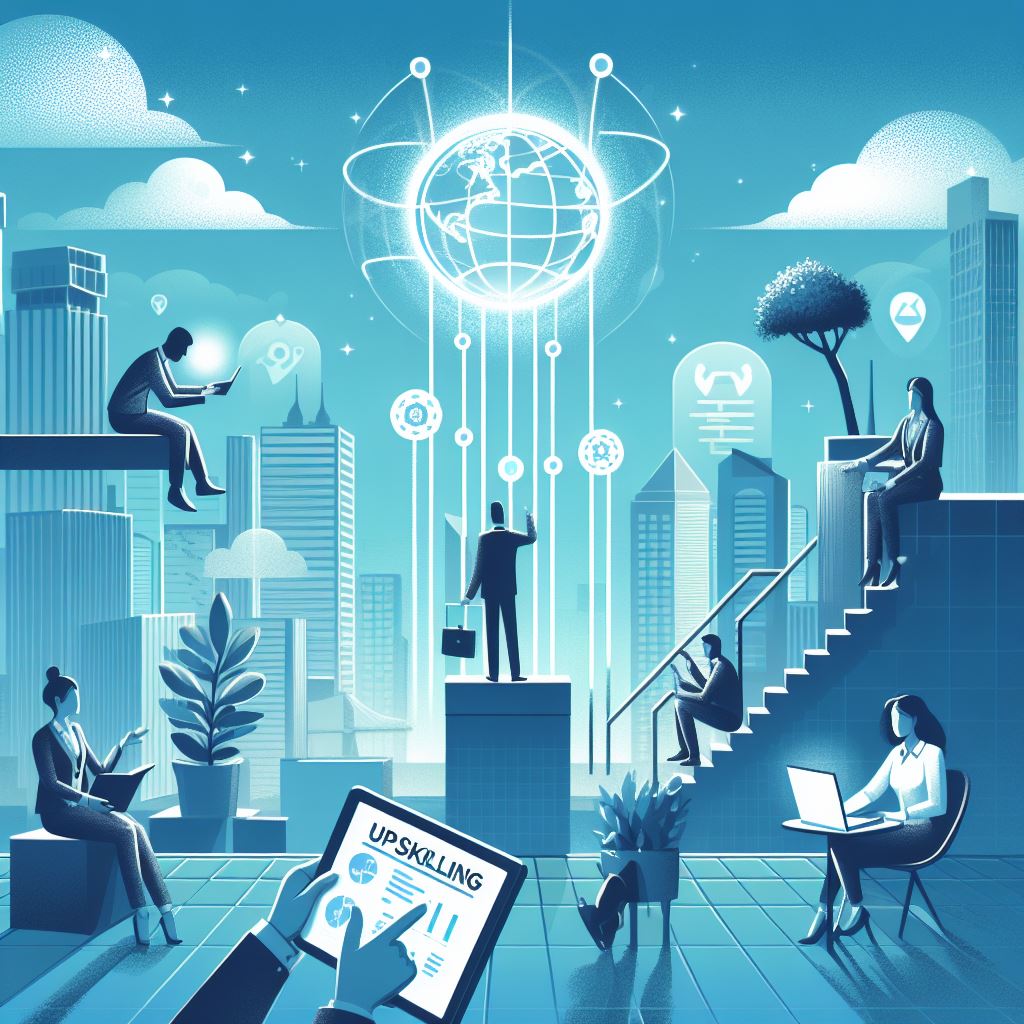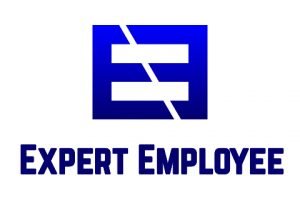This post contains affiliate links.
The world of work is rapidly evolving due to technological disruption, globalization, and changing workforce dynamics. Skills that were valued and in-demand just a few years ago are becoming obsolete, while new skills are emerging as critical for career resilience and mobility.
To remain competitive and future-proof your career, an ongoing commitment to upskilling and reskilling is paramount. In this comprehensive guide, we’ll explore emerging skill areas to prioritize based on expert analysis and labor market trends. We’ll also provide actionable strategies for effectively developing these capabilities.
To remain competitive and future-proof their careers, professionals must continually upskill by developing emerging capabilities like AI/automation skills, creative thinking, digital fluency, adaptability, and emotional intelligence. The article provides an in-depth analysis of the most valuable emerging skill areas based on expert research, as well as comprehensive strategies for effectively building these future-focused skills through self-assessments, modern learning resources, hands-on application, mentorship, and creating robust personal development plans.

Why Continual Upskilling is Essential
There are several key drivers making upskilling an urgent imperative rather than a nice-to-have:
Accelerating Pace of Change
The half-life of skills is rapidly decreasing due to the breakneck pace of technological change. What was cutting-edge five years ago is potentially obsolete today. Staying relevant requires adapting and expanding your skills perpetually.
Job Displacement from Automation
As AI, robotics, and automation advance, millions of jobs are at risk of being displaced or made redundant. Developing complementary skills that can’t be replicated by machines is critical.
Dynamic Labor Landscape
With economic conditions fluctuating, career pivots are increasingly common. Building transferable skills increases your ability to transition roles/industries. An open mindset toward lifelong learning is vital.
Longer Career Longevity
With extended working years, periodically reskilling allows you to evolve and reinvent rather than stagnate over decades-long careers.
Skills driving job growth in the AI era won’t be manual, routine tasks but distinctly human capabilities that create competitive career advantage.
Most Valuable Emerging Skills
Based on analysis from the World Economic Forum, McKinsey, Gartner and other research authorities, these are some of the most valuable emerging skills to develop:
AI & Automation Skillsets
As AI’s applications grow, skills like machine learning modeling, data annotation, and AI product management will be highly sought after. Additionally, workforce upskilling and human-AI collaboration management are key needs.
Creative, Original Thinking
While AI may excel at optimization and pattern recognition, skills like creative thinking, complex problem-solving, innovation and ideation are uniquely human strengths to develop.
Emotional & Personal Intelligence
With automation handling technical/routine tasks, skills like emotional intelligence, empathy, persuasion, coaching and interpersonal dynamics will differentiate top talent.
Digital and Tech Fluency
Roles will require a baseline digital literacy including skills like programming/coding, data analysis, digital prototyping and fluency with emerging technologies like blockchain, IoT, etc.
Adaptability, Self-Learning & Mental Flexibility
The ability to embrace ambiguity, rapidly self-educate, pivot mindsets and acquire new skills rapidly will be invaluable with ever-evolving skill demands.
Cross-Disciplinary Transcendent Skills
“Human transcendent” capabilities transcending any domain like quantitative reasoning, system analysis and evaluation, critical thinking and complex information processing.
These are just some of the key capabilities to develop. The specific optimal skill portfolio will vary depending on your role, industry and personal career goals.

Upskilling Strategies for Skill Mastery
Simply being aware of which skills are valuable is not enough – you need a comprehensive plan to actually develop mastery. Here are some recommended upskilling strategies:
Start With a Self-Assessment
Take inventory of your current skills, gaps, passions and growth goals. Identify specific roles, career paths or emerging opportunities well-suited to your strengths as a starting point.
Follow the T-Shaped Model
Build deep expertise in 1-2 specialization areas (“vertical”) complemented by broader cross-functional capabilities and knowledge (“horizontal”).
Tap Into Modern Learning Resources
Free online courses, virtual conferences/bootcamps, subscriptions like MasterClass, LinkedIn Learning, industry blogs/publications, and hands-on projects can rapidly build new skills.
Learn By Doing
Reading and courses alone aren’t enough. Seek opportunities to directly apply new skills through stretch assignments, job shadowing, moonlighting or freelancing.
Find a Mentor
An experienced guide can provide invaluable advice, accountability and wisdom for your unique upskilling path based on their own journey.
Immerse in Future-Focused Communities
Participating in relevant online/in-person communities, associations or events in your target domain helps expand your perspective and spot emerging trends.
Earn Skills-Based Certifications
Credentials, microcredentials or digital badges provide recognition for self-guided upskilling and can boost your professional brand.
Make Your Work Your Learning Lab
Look for aspects of your current role that allow you to pilot and develop new skills you want – volunteering for relevant initiatives, carving out learning time, cross-pollinating with other teams, etc.
Build an Accountability System
Define SMART goals, create a realistic action plan with milestones, and put mechanisms in place like a mastermind group or coach for tracking progress and maintaining motivation.
By developing a personalized, actionable, goal-driven upskilling plan using tactics like these, you’ll gradually accumulate a future-proof portfolio of the right skills for long-term career adaptability and progression.
Creating Organizational Upskilling Cultures
While this article focuses on individual upskilling strategies, enabling scalable capability development across an entire workforce is a critical priority for companies as well.
Characteristics of organizations with robust upskilling cultures include:
- Embracing a growth mindset and normalizing continuous learning
- Dedicated personal upskilling budgets and time allocations
- Incentives and clear pathways for developing new capabilities
- Knowledge-sharing mechanisms like mentoring and shadowing
- A skills-based internal hiring/staffing model
- Leveraging tools, platforms and credentials to track skills data
- Creating a sense of shared accountability for upskilling across leaders
- Strong change management practices to align culture to the need
With evolving technologies and business landscapes continuously disrupting the status quo, organizations must prioritize continuous capability development and skill-building as a core strategic focus.
Thriving in the Future of Work
In today’s dynamic career landscape, skills are the new career currency rather than pedigree, tenure or credentials. Embracing an upskilling mindset – being proactive about expanding your capabilities, adaptability and multiple “iterated careers” – is what will allow you to gain career resilience and thrive long-term.
While upskilling takes genuine dedication and commitment, it’s ultimately an investment in your own growth and future readiness with an immense return on effort over the course of your working journey.
So identify emerging skills aligned with your goals, map out a strategic development plan leveraging resources and accountability – and remain endlessly curious about expanding your human potential!
Supercharge your career growth with personal branding and elevate your trajectory.
